The year 2013 brought great progress for the adoption of open source in the health and science industries. We covered some excellent open source stories, here the highlights from 2013.
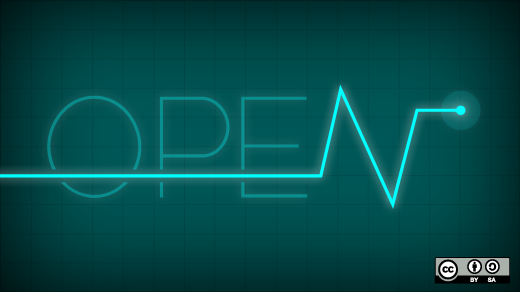 The Jamaican ministry of health adopted GNU Health to be deployed nationwide. This the first national implementation of GNU health and paints a bright future for further adoption in other countries. Earlier this year, GNU health was also the proud recipient of the Free Software Foundation award for Best Project of Social Benefit. Congratulations to the GNU Health team and best wishes for 2014.
The Jamaican ministry of health adopted GNU Health to be deployed nationwide. This the first national implementation of GNU health and paints a bright future for further adoption in other countries. Earlier this year, GNU health was also the proud recipient of the Free Software Foundation award for Best Project of Social Benefit. Congratulations to the GNU Health team and best wishes for 2014.
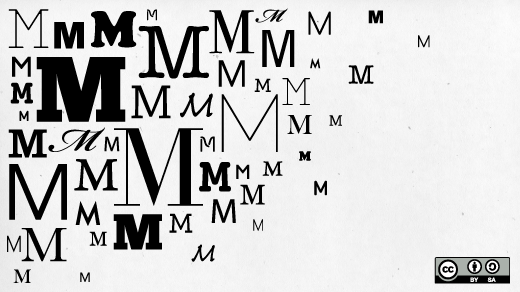
Another theme in 2013 was the pursuit of engaging younger developers in open source projects that support critical infrastructure. Of particular importance for healthcare is the need to re-energize the M community. A promising attempt to do so is the effort to combine Node.js with M to modernize healthcare IT. Read more on this in our tutorial part 1 and tutorial part 2.
Open source platforms accelerated medical research this year by supporting clinical trials, an effort that will also benefit from the wider availability of electronic health records (EHR).
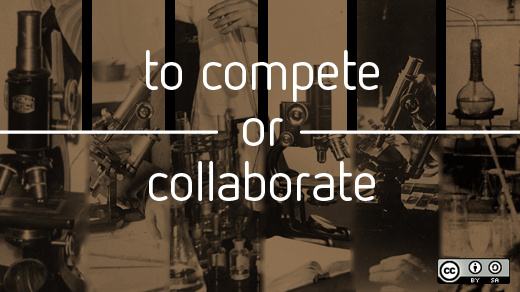 Open science made significant steps forward in 2013. The need for restoring the practice of reproducibility verification, at the core of the scientific method, led to initiatives on training young researches on the true practices of open science, as well as hackathons to build training materials that can be used to further educate others on the principles and practices of open science. The FOSDEM conference held a track called FOSS for Scientist, where several open science talks were well received.
Open science made significant steps forward in 2013. The need for restoring the practice of reproducibility verification, at the core of the scientific method, led to initiatives on training young researches on the true practices of open science, as well as hackathons to build training materials that can be used to further educate others on the principles and practices of open science. The FOSDEM conference held a track called FOSS for Scientist, where several open science talks were well received.
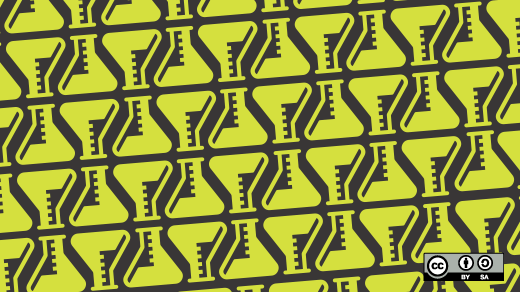 A growing sentiment that resonated this year with government agencies is on the importance of having access to the results of publicly funded scientific research. The US federal govermment proposed bills this year to ensure that more of these research outcomes are made publicly available. And, a science museum encouraged others to replicate their exhibits, aiming to multiply their reach to the public and reflecting a new desire for openness and agility in the scientific arena. Additionally, the Linux Foundation embraced the OpenBEL project, a language that represents scientific findings from the life sciences in a computable form, and in this way, directly contributes to build the pillars of open science.
A growing sentiment that resonated this year with government agencies is on the importance of having access to the results of publicly funded scientific research. The US federal govermment proposed bills this year to ensure that more of these research outcomes are made publicly available. And, a science museum encouraged others to replicate their exhibits, aiming to multiply their reach to the public and reflecting a new desire for openness and agility in the scientific arena. Additionally, the Linux Foundation embraced the OpenBEL project, a language that represents scientific findings from the life sciences in a computable form, and in this way, directly contributes to build the pillars of open science.
2014 will be an optimal year for healthcare providers, scientists, researchers, government officials, and citizens to pursue even more ambitious goals in open health and open science.

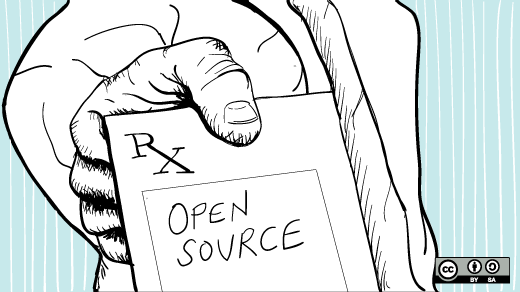
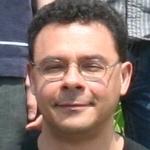
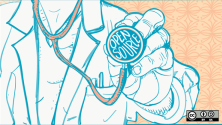


1 Comment